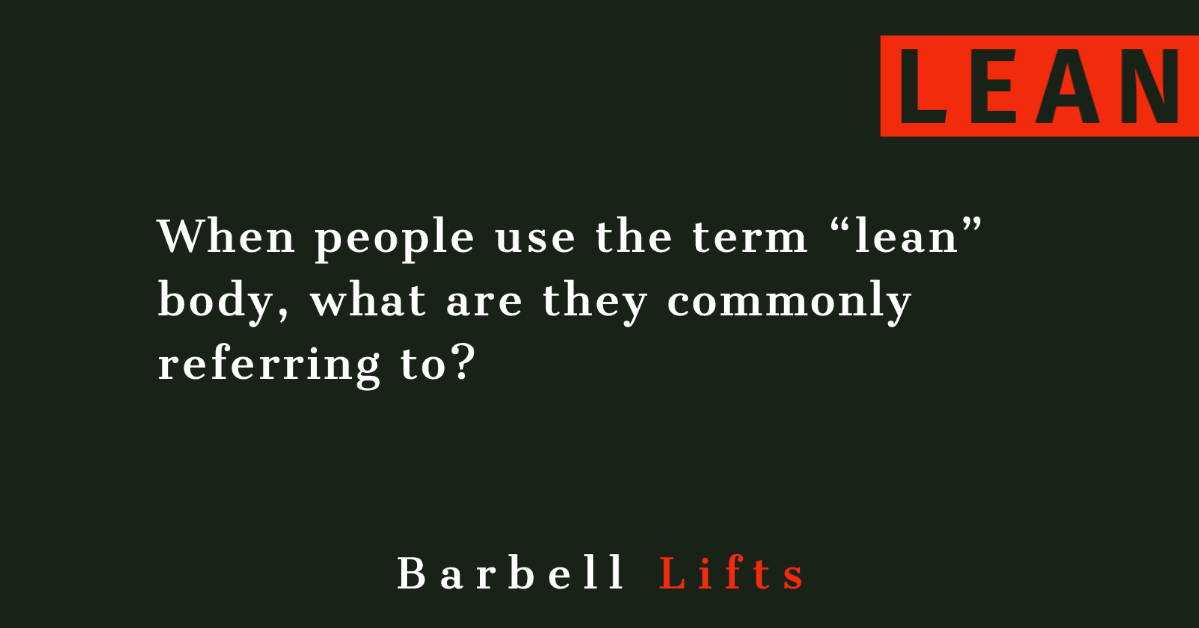When people use the term “lean” body, they commonly refer to the superficial look of a thin individual. However, some of y’all will be aware that the term ”lean” also refers to muscle. Interestingly, clinical medicine uses the term ”lean” in the examination of body composition: Lean Body Mass (LBM). LBM, or fat-free mass, is the mass of all organs except body fat, including bones, muscles, blood, skin, and everything else. LBM is measured by subtracting body fat weight from total body weight: total body weight is LBM plus Fat Mass.
Now that I’ve fairly explained the term ”lean”, the question is whether it is rational to refer to a thin individual as ”lean” (think of the marathon runners who are referred to as ”lean”) compared to an individual who weighs much more, albeit because of higher skeletal muscle mass.
Let’s compare the body composition of these two individuals to answer this question. The thin individual weighs 60 kg, of which 40 kg is LBM — from which 25 kg is skeletal muscle mass, and 20 kg is body fat mass; and the other individual weighs 80 kg, of which 70 kg is LBM — from which 55 kg is skeletal muscle mass, and 10 kg is body fat mass. Who should we refer to as ”lean” out of these two individuals?
The answer: the individual who possesses 55 kg of skeletal muscle. And not just that, this individual has 10 kg lower body fat than the individual who is referred to as ”lean”, who possesses 20 kg of body fat. Do you see the problem concerning the usage of the term ”lean”? In this comparison, it is clear that the heavier individual is the leaner of the two. However, most people, due to misinformation, will still refer to the 60 kg individual as ”lean”, despite him possessing extremely low skeletal muscle mass and higher body fat mass than the individual who weighs 80 kg.
Deliberate misrepresentation of the terms such as ”lean” is common not just in the fitness and nutrition industry but also in many other industries for monetary gains. The teeny-weeny skeletal muscle possessing fitness trainers and nutritionists telling you that he/she can help you to get ”lean” like themselves with their diet and exercise plans is questionable.
I hope this information brings value to your health and training. If you have any questions or feedback, please leave them in the comments section.
Stay Strong, Stay Healthy!
